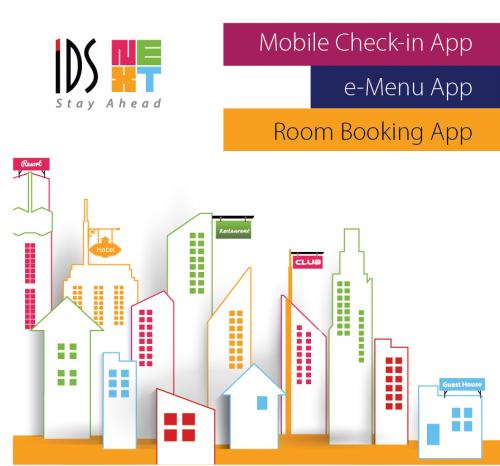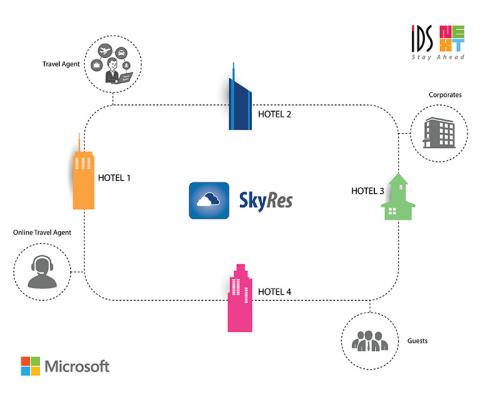Is Your Hotel Business ‘Mobile’ Yet?

Smartphones and mobile apps have redefined many industries in recent years, including the hotel business. This is because consumers are becoming increasingly fond of smartphones, and businesses are increasingly turning to them as a platform of service delivery. The hospitality industry which is people centric and has a large number of human interactions is also turning to mobile.
Rise of smart phones in the hotel business
According to technology research firm Gartner, over 1.95 billion pieces of mobile phones will be sold in 2015. Out of which, 70% will be in the smartphone category. Smartphones are extensively used in travel and hospitality. Today, travelers use their smartphones to engage in pre-travel research and check about a hotel’s facilities and amenities. They read guest written reviews and then decide to book their stay. They would also like to check-in to their hotel rooms and check-out using their smart phones.
What hospitality businesses need to do to be mobile friendly?
First and foremost, hotels need to adopt a mobile friendly or responsive website. Since a majority of travelers search for hotels using their smartphones, hoteliers should ensure that their hotels’ website open accurately and quickly on a smartphone. The pages of the website should be responsive enough and should allow travelers to navigate from page to page smoothly. Here is why it is important for hotels to become mobile-friendly. Google says that 61% of smartphone users leave a website if they find it difficult to browse through all the pages. Thus, it is necessary for hotels to offer an optimal viewing experience of their websites in order to covert lookers into bookers.
In addition to this, hoteliers can also incorporate a web booking engine into their brand websites. It has been found that guests trust and prefer to book rooms on a hotel’s website. A web booking engine would help hotels turn their websites into a powerful booking platform that has potential to generate direct 24/7 bookings. The entire process works like this – your hotel website is responsive and a traveler can easily access the same using their smartphones. This leads him/her to stay on your hotel’s website for a long time. If you have adopted a web booking engine, it enables the viewer to book rooms directly on your proprietary website. BuzzCity research indicates that 1 in every 4 travelers use a mobile device to book hotels.
Offer last minute deal on mobile apps
As hotel rooms are a perishable commodity, hoteliers can post their vacant and unsold rooms on several last minute hotel booking apps at attractively discounted rates. Business or leisure travelers embarking on unplanned travel can buy quality hotel rooms at amazingly discounted prices. Last minute hotel room selling mobile apps let hoteliers sell their inventories until the last room to maximize occupancy. Maximized occupancy leads to increased revenues. Don’t forget to take a look at this finding - BuzzCity reports, about 30% business and leisure travelers rely on their smartphones to book hotels last-minute.
Faster check-in
Check-in offers another area where mobile has played a significant role. A hotel mobile check-in app can be quite useful in this aspect. Such apps allow hotel staff to walk their tired guests directly to their room without spending time at the front desk. The staff can even login the guest’s personal details in the smart phone via the app. Thus, you can greatly enhance service level for the guest.
Wow diners at your restaurants
Guests want a relaxing meal and a smart restaurant e-menu app lets them browse through your offerings at leisure. An e-menu app lets your diners select and customize their food and generate a KOT. There is also a steward mode should your steward wish to aid the process.








Comments